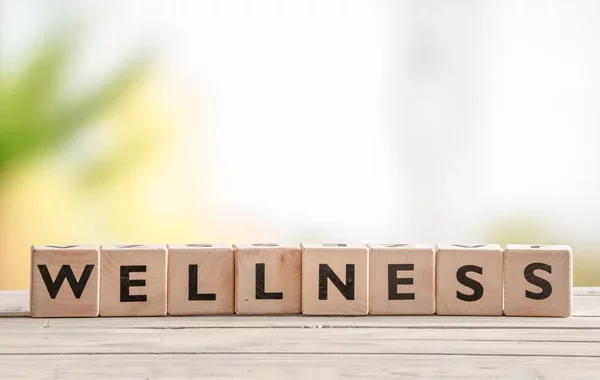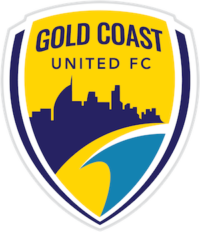
Player Mental Health
The GCU FC Club Community Wellness program has been developed in the belief that having and maintaining good mental health is essential for your son/daughter to enjoy their football and achieve their potential both on and off the field..
WHAT IS ‘MENTAL HEALTH’?
Mental health is a state of mental wellbeing that is shaped by our psychological, social and emotional experiences.
Our mental health affects how we think, feel, and act. It also helps determine how we respond to stress and adversity, reach our potential, relate to others, and contribute to our communities. Positive mental health and wellbeing encompasses quality of life and the ability of people and communities to thrive, while contributing to the world with a sense of purpose and meaning.
Our mental health is influenced by a range of factors, such as genetics, life experiences, social relationships and how we process or interpret our thoughts and feelings. In general, ‘good’ mental health is a state of mind that enables us to be able to cope with the ups and downs of life.
Emotions such as sadness, anger, irritability, worry, and anxiety are all normal parts of the human experience. It is when these negative emotions or ‘symptoms’ persist for weeks or months or have an impact on our day-to-day functioning (e.g., the ability to play sport or to connect with others), that they may be a sign of a mental health condition.
What’s the best way to support your child’s mental health?
The single most important things that parents can do is create a safe environment that promotes ongoing conversations about mental health for your child.
Some tips to keep in mind:
- Assure your child that they can tell you anything, without judgement.
- Recognize and communicate to your child that MENTAL HEALTH IS HEALTH. The goal is to normalize conversations about it.
- Bring up the topic of mental health yourself and make yourself available when your child wants to talk.
Some symptoms of anxiety can include:
- significant worries about things before they happen
- constant worries or concerns about family, school, friends or activities
- fears of embarrassment or making mistakes
- low self-esteem and lack of self-confidence
Some symptoms of depression can include:
- feeling or appearing depressed, sad, tearful or irritable
- loss of interest in friends, academics or activities
- changes in appetite and/or weight
- sleeping more or less than usual; having more trouble concentrating
- having thoughts of self-harm or even suicide
Mental health is a continuum that we all move along all the time depending on how things are going for us in our lives.
Headspace has identified 7 steps to a healthy headspace. Applying the 7 steps will help your son/daughter have and maintain good mental health.
- Get into life – encourage your son/daughter to set a goal they want to achieve everyday.
- Learn skills for a tough time – encourage your son/daughter to practice breathing techniques. To try journalling and to explore mental health apps.
- Eat well – encourage your son/daughter to eat healthy to fuel their body with fruits and veggies and foods high in fibre.
- Create Connections – encourage your son/daughter to spend time with friends and family.
- Stay Active – encourage your son/daughter to maintain their fitness.
- Live Healthy – encourage your son/daughter to avoid alcohol and drugs and to drink plenty of water.
- Sleep well – encourage your son/daughter to get enough sleep. To have and maintain a sleep routine and to switch off electronics 1 hour before bed.
Headspace, the National Youth Mental Health Foundation, provides free early intervention mental health services to 12–25 year olds and is funded by the Australian Government Department of Health.
Headspace Locations on the Gold Coast:
Southport: 5509900
Upper Coomera: 56001999
Tweed Heads: 55898700


Please do not hesitate to contact me via 0438184994 or email wellnes@goldcoastunitedfc.com.au for support.
Best wishes
Jeff
